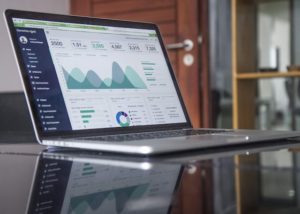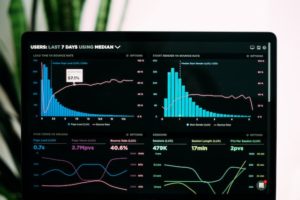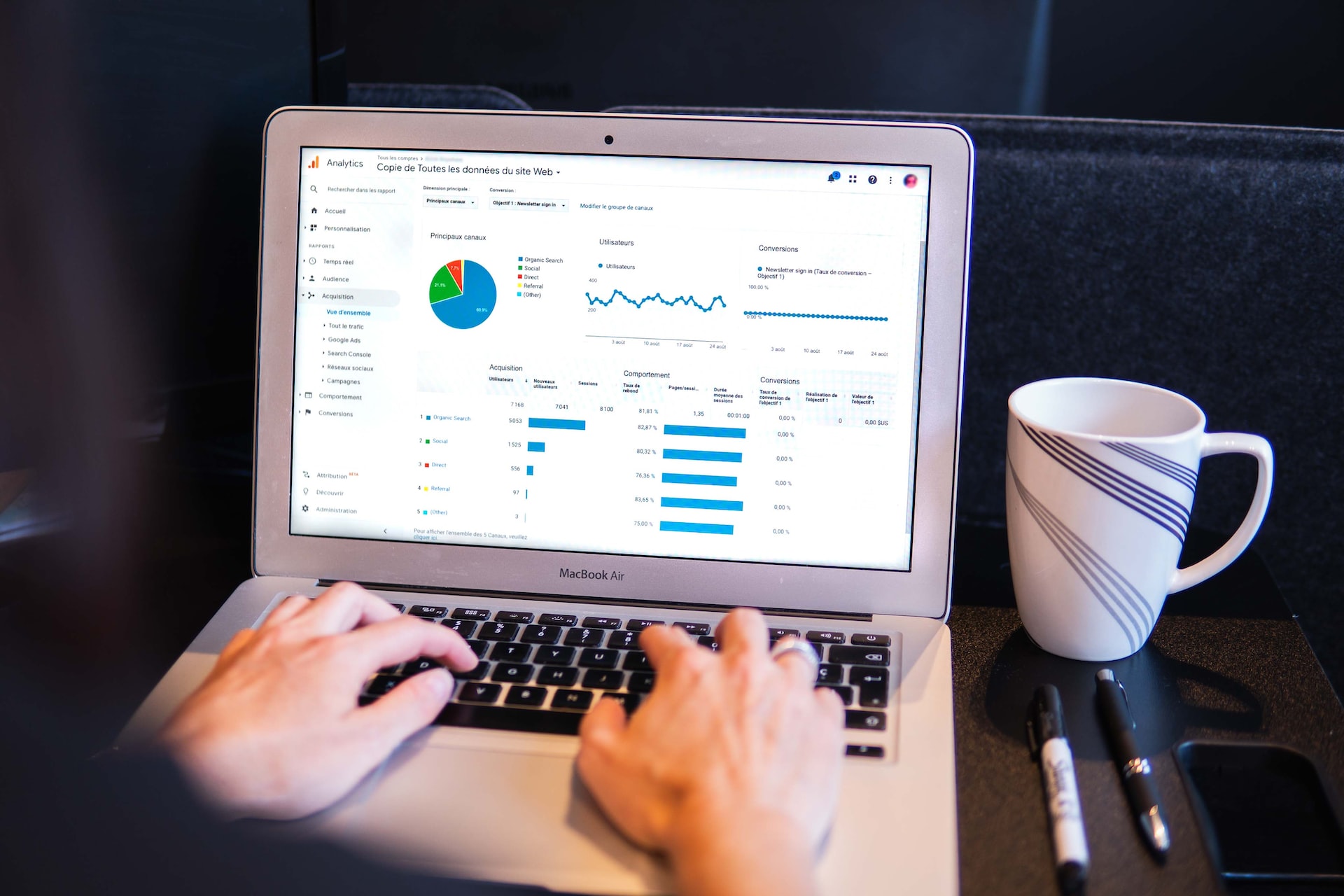Beside backlink building, social media optimization, and off-page optimization, on-page optimization is one of the key ranking factors for websites. It’s essential to understand what on-page optimization entails and how you can optimize your website accordingly to rank higher on SERPs. An SEO professional, Agatha Singer, shared with us that without proper on-page optimization, not only will your SEO strategies be ruined, but your whole other business can collapse due to lacks of organic traffic. So today, let’s focus on on-page optimization. Keep reading, and you’ll find out the main principles of on-page optimization and tips for improving your website’s ranking.
Proper Keywords Research and Use
 The first and foremost principle of on-page optimization is properly researching and using keywords. Keywords help Search Engines understand what your website or webpage is about so that they can rank your site accordingly. There are a few factors you need to take into account when choosing keywords, such as relevancy, popularity, and search intent. When it comes to relevancy, you need to make sure that the keywords you’re using are relevant to the topic of your website or webpage.
The first and foremost principle of on-page optimization is properly researching and using keywords. Keywords help Search Engines understand what your website or webpage is about so that they can rank your site accordingly. There are a few factors you need to take into account when choosing keywords, such as relevancy, popularity, and search intent. When it comes to relevancy, you need to make sure that the keywords you’re using are relevant to the topic of your website or webpage.
SEO-Friendly URL Structures
Not only should you have relevant keywords in your website or webpage, but you should also have them in your URL structures. This is because having keywords in your URL helps Search Engines understand what your website is about and thus rank it higher. Furthermore, using keywords in your URL also makes it easier for users to remember your website’s address, which can help increase traffic to your site. The best way to incorporate keywords into your URL is to put them at the beginning of your URL, as this will help Search Engines give your website a higher ranking.
Well-Oiled Meta Tags
People think meta tags are no longer significant, but that’s not true. Meta tags are still an important part of on-page optimization as they help Search Engines understand what your website is about. Furthermore, having well-optimized meta tags can also help increase your website’s click-through rate (CTR), as users will be able to see what your website is about before they even click on it.
High-Quality Content
 And, of course, you can’t have on-page optimization without high-quality content. This is because high-quality content is what helps Search Engines understand what your website is about and thus rank it higher. Furthermore, high-quality content also helps keep users on your website longer, as they will be more likely to read through your content if it’s well-written and informative.
And, of course, you can’t have on-page optimization without high-quality content. This is because high-quality content is what helps Search Engines understand what your website is about and thus rank it higher. Furthermore, high-quality content also helps keep users on your website longer, as they will be more likely to read through your content if it’s well-written and informative.
To sum it up, the main principles of on-page optimization are properly researching and using keywords, having SEO-friendly URL structures, well-oiled meta tags, and high-quality content. If you consider these factors, you’ll be well on your way to ranking higher on SERPs. In fact, you may even find that your website starts to receive more organic traffic as a result.…

